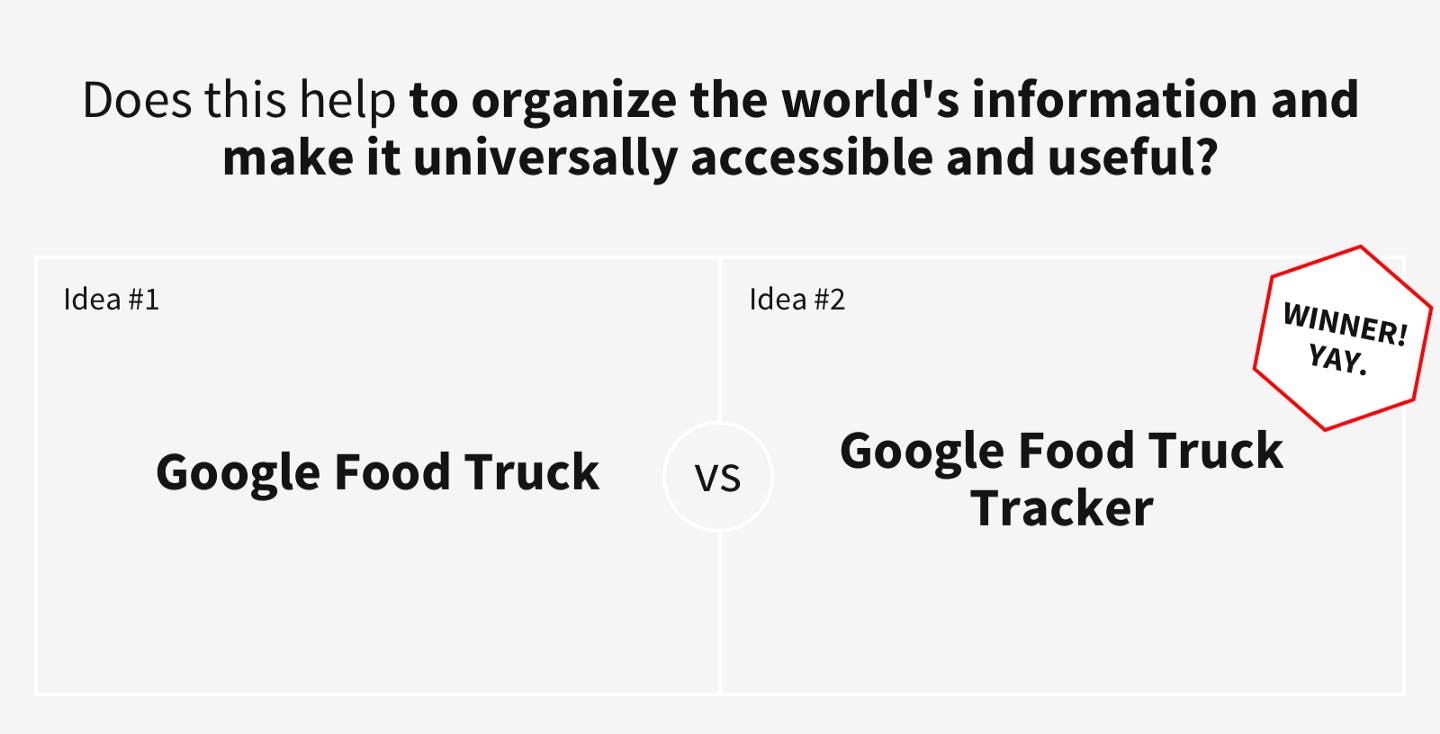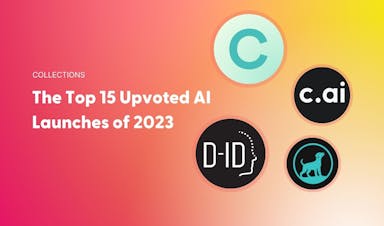What it really means to be a “mission-driven” company

"Simply having a mission statement is not what will make a mission-driven company."
Being mission-driven is a fluffy concept. Many companies state they are, few people actually believe it’s true and for most it’s not clear what it really means.
So what does it mean to be “mission-driven”? Simply having a mission statement is not what will make a mission-driven company. Even Enron had a mission statement, but that doesn’t mean they were mission-driven.
I like to put companies into three buckets when it comes to what actually drives them and their decision-making.
What drives the company?
1. Driven by the business opportunity
The company executes solely driven by the business opportunity upon them. It was founded because the founder found a way to make money and is driven by making more of it. When the founder tells you about their company, they’ll explain a business model.
2. Driven by the business opportunity but with an added mission
The company was founded because the founder found a way to make money but added a reason to believe in the company’s greater purpose. As it’s an add-on, this often falls into some social good that is detached from what the company actually produces. A good example is Tom’s shoes, who give away a pair to people in need for every pair you buy. It might be a good thing to do, but their shoes are not better shoes because they give a pair away.
3. Driven by the mission
The company was founded to solve a certain problem which is represented by their mission. The founder is driven by solving the problem in bigger and better ways. The mission has a direct impact on the company and product. The product gets better as a result of the mission.
Your mission helps you stay on track
In the Indie Hackers podcast Intercom’s co-founder, Des Traynor, mentions how whenever new customers see their user-list within Intercom, their immediate product feedback was that they would love to see a bunch of analytics around it. He then argues that they haven’t built this yet, because it’s not what they set out to do.
Intercom’s mission is “to make internet business personal” and that mission is all about communication with your users, not business analytics.
Your mission not only helps everyone understand what the company wants to do, but also what it shouldn’t do. For mission-driven companies, it’s a huge advantage to be able to quickly kill ideas and opportunities in order to stay on track for the long-term.
In turn, if you don’t have that clear north star to guide you to where you’re going, the signals you get along the way will drive where you’ll be in the future. This creates a huge risk that you’ll end up building a product that is a Frankenstein of features and a team that marches in all directions.
The anatomy of a good mission statement
First off: “To be the number one XYZ software in the world” is not a mission, it’s a business goal. Your mission is not something you can reach and be done, it’s the purpose that drives what things you do.
An amazing example is still Google’s mission statement:

I believe a good mission-statement is something actionable you can vet ideas against. Using it as a daily tool to vet new ideas helps the company to consistently stay on track by pursuing the right ideas.
If written precisely, you can simply turn the statement into question: Does this help [to organize the world’s information and make it universally accessible and useful]?
Which of these two ideas would Google do?

Another great example is from my friends at Bark. Their mission statement is:
As short and precise it is, there are two distinct things here:
1. “Dogs” defines a clear target that helps the company stay on track. Should Bark build MeowBox? No.
2. “All dogs” implies scale and therefore pushes for new ideas to be big.
Mission-driven companies are more resilient
Your current product is just one execution against the mission. What you build today might not be what you build tomorrow and that is totally OK. Product, technologies and behaviors change, but your mission won’t.
For mission-driven companies, their products will always adapt to change, because they’re driven by solving the problem, not by selling the product. The product will naturally change along the way, because they have their eyes on the problem.
Being mission-driven forces you to aim for the long-term and make more considered decisions, versus simply jumping on the next cool opportunity.
Start with your mission
Scott Belsky writes in his (amazing) book “The Messy Middle”:
“Developing a brand early on, even before the product, helps build a powerful values-driven narrative akin to the company having it’s own voice. You will find, when you’re making certain decisions that impact the customer’s experience of your product, the brand will speak to you. In the early days of Behance, we always felt like the brand was answering certain questions for us.”
Going through a branding exercise early on forces you to ask a lot of questions you might otherwise not get to answer until later in your company’s lifetime. But they are important questions to ask in order to find, refine and articulate your mission. A feeling that’s very clear to you might need some work to become refined enough to be clear to others.
The mission is the advantage
In the end, the mission is not just fluff. It’s a tool to help you build better product, drive a stronger culture and construct a resilient company that might even outlive yourself.
Have fun.
Comments (4)
Jennifer lopez
Freelance Writer & Academic counselor
Obiajulu Onyema
Community Marketing Expert | Growth Lead
Rosie Dunn
I'm Rosie and I'm a educational writer
Katharine J Walker
I am a content writer
More stories

Aaron O'Leary · Announcements · 2 min read
Introducing Shoutouts

Finn Lobsien · Opinions · 5 min read
Can Devin AI Replace Product Managers?

Aaron O'Leary · News · 2 min read
Meet Nvidia's new localized AI chatbot

Sarah Wright · News · 2 min read
The top 15 AI products from 2023


